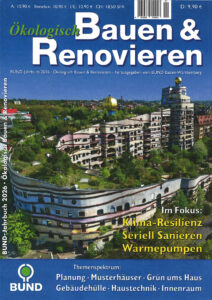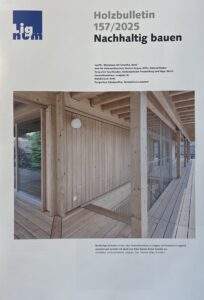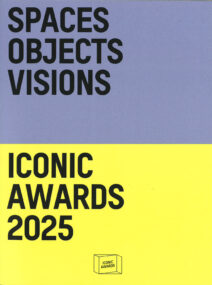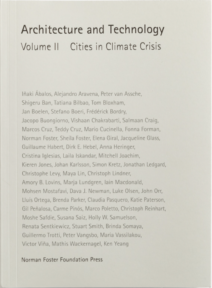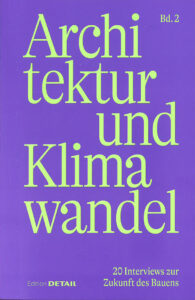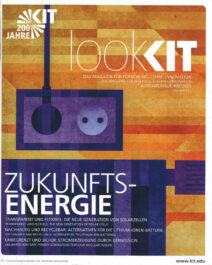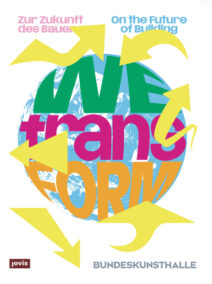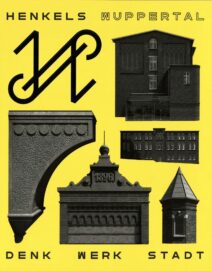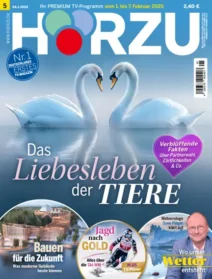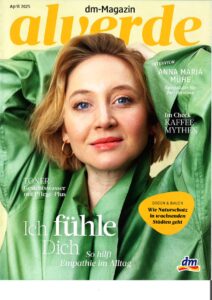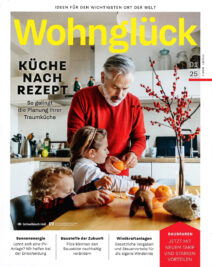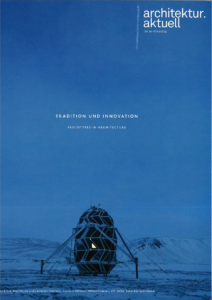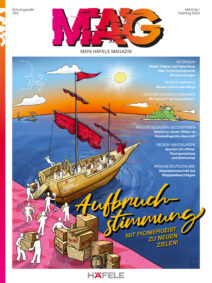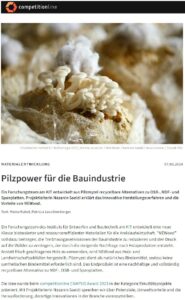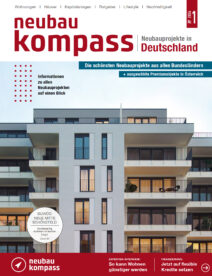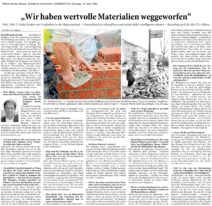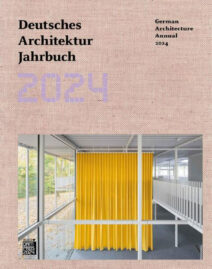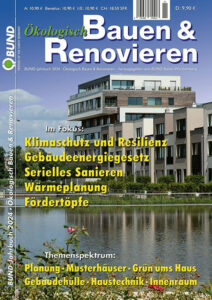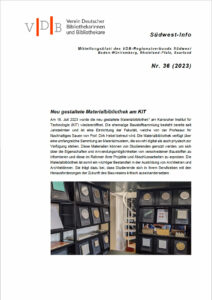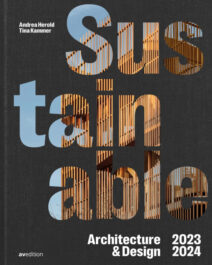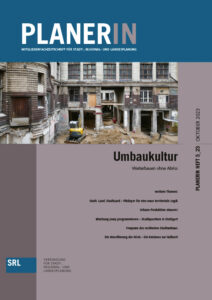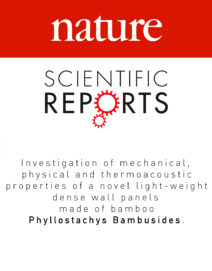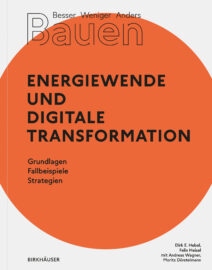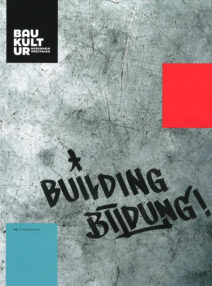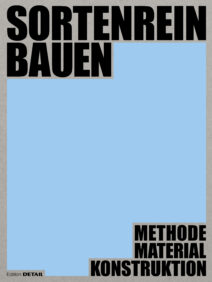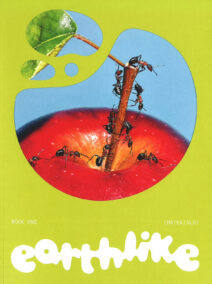UN Habitat – Urban Gateway on bamboo research
Very few developing countries have the resources to produce their own steel, and without this material tall buildings and urban development are all but impossible. But what if there were a local, renewable material that could be used instead of steel in reinforced-concrete buildings? And what if that substitute could be manufactured easily? These questions have motivated Dirk Hebel, an assistant professor of architecture and construction at the Future Cities Laboratory, in Singapore, to investigate a bamboo fiber composite as a possible substitute for steel reinforcement in concrete. The Future Cities Laboratory is a research arm of ETH (Eidgenössische Technische Hochschule) Zürich, in Switzerland, and is the first program under the newly formed Singapore-ETH Centre for Global Environmental Sustainability, which conducts multidisciplinary research to foster urbanization that conforms to the principles of sustainable development. If the tests on the bamboo composite are successful, developing countries will be able to manufacture and build their own urban centers without costly foreign steel imports, according to Hebel.
Read the full article here.



























